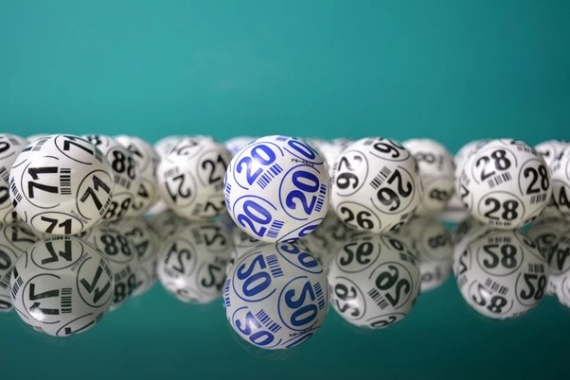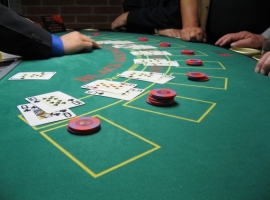
They’re both hugely popular games of chance that involve drawing numbered balls from a machine (or via a random number generator). Millions of people choose to play both games every week, with online keno proving to be particularly popular in recent years.
In fact, there are now strategy guides for keno widely available on the internet – the page Keno Slots 101 is a prime example – demonstrating its enduring popularity. But what exactly sets its apart from other lotteries? To find the answer to that question, it’s necessary to delve into the histories of both games, as well as compare and contrast the gaming experiences enjoyed by players of both.
The history of keno
The history of keno stretches back more than two millennia, when it was played across Ancient China. The name in Cantonese (baige piao) translates to English as “white pigeon ticket”, which is apparently a reference to the carrier pigeons which were used as a means of communicating the results of games between neighbouring towns and villages in the country.
In the 19th century, Chinese immigrants made a new life for themselves in the United States and brought keno with them. However, two cosmetic changes were made to the game. Firstly, its name was changed to keno (a corruption of the French word quine, meaning “a group of five”), while the Chinese characters that had been originally used in the game were substituted for numbers. This made it more accessible to a wider audience and it has gone from strength to strength ever since.
The history of the lottery
While keno is rightly considered as an ancestor of the lottery, there is plenty of evidence that such games took place in the Western world before the 19th century. Indeed, the very first lottery to take place in England occurred in 1568, held by Queen Elizabeth I as a means of raising money to repair the country’s dilapidated harbours.
Unfortunately, ye olde punters were put off by the 16,000-to-1 odds of winning and uptake of the game was disappointingly low. It’s perhaps ironic, then, that the odds of triumphing in the National Lottery today (1 in 14 million to win the top prize) are far, far longer – yet the game is as popular as it has ever been, with as many as 45 million (or well over two-thirds of the UK’s adult population) playing the lottery in 2018.
What are the differences between the lottery and keno?
As well as originating on different sides of the world, there are several more key differences between keno and the lottery. For starters, there is more flexibility involved in the latter pastime. Not only are there more numbers to choose from (a pool of 80 as opposed to 35 or 50 in most lotteries), but you can also choose between three and 20 numbers in keno. By contrast, lotteries usually demand that you pick a fixed number.
Meanwhile, the rate of play is much faster in keno. Results are generated almost instantly in online games, with players having the opportunity to play again immediately. On the other hand, lotteries only take place on certain days of the week, generating anticipation but losing momentum. This means that keno is a more popular option among those players who crave instant gratification and constant gameplay.

















